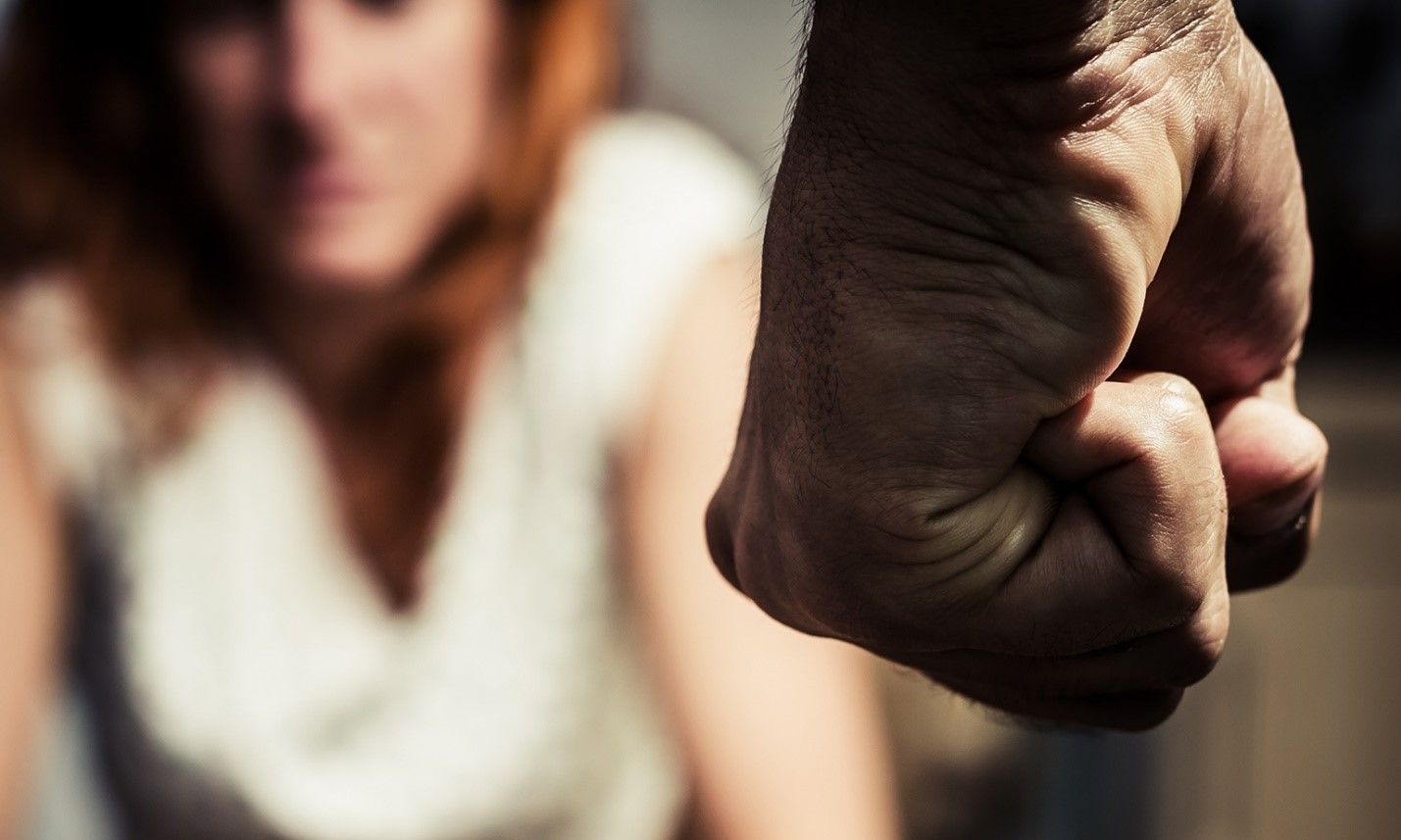Related News

Image: helpguide.org
By ANDREW NAIDU
AN increase in the number of reported cases of domestic violence in Fiji between 2021 and 2022 can be seen as a sign of empowerment for women to speak up and speak out against their abusers instead of suffering in silence, says The University of the South Pacific counsellor Carlos Perera.
According to the Fiji Women’s Crisis Centre (FWCC), 212 cases of domestic violence were reported in 2021 while 522 cases were recorded for 2022.
“The statistics will continue to increase unless we change our strategy in dealing with the issues from a multi-sectoral dimension predominately focusing on the perpetrators and males in our community,” he said.
He said domestic violence was a serious issue that affected all aspects of emotional and physical harm to the victim without any form of remorse.
“Domestic violence affects all aspects of a victim’s life and permanent effects to their mental and physical health; relationships with friends, family, and children; their career; and their economic well-being,” Mr Perera said.
“There has been a lot of exposure particularly focusing on the survivor but not enough work is being done with the perpetrator.
“This is another contributing factor of the constant rise in domestic violence.”
Dr Sara Amin, a sociology lecturer at USP, said more exposure had been given to protect and assist victims.
She said the criminal justice system in Fiji for the longest time had understood violence in the home as something that was not the business of the government or state so it was not considered a crime.
“It is considered a crime now because of the women’s movement in the struggle and fight in making sure that this form of violence is unacceptable,” Dr Amin said.
In the regional context, Solomon Islands (SI) has one of the highest rates of family and sexual violence (FSV) in the world, with 64 per cent of women aged 15–49 reporting physical or sexual abuse, according to the 2009 Solomon Islands Family Health and Safety Study by the Pacific Community (SPC) for SI Ministry of Women, Youth & Children’s Affairs.
The survey noted that women in Solomon Islands were more likely to experience severe forms of physical partner violence, such as punching, kicking, or having a weapon used against them, rather than just moderate violence.
Kane Don, a third-year Solomon Islands student at USP Laucala campus, said domestic violence was a serious issue that affected majority of women and girls who stayed silent for years but were now finally speaking out.
“Solomon Islands is still going through the rise in reported cases of domestic violence but women are no longer scared to open up about their abuse, which is a good sign of moving forward together,” Mr Don said.
Meanwhile, the study highlighted significant contributors to the high incidence of domestic violence cases in Solomon Islands including the acceptability of violence against women – the majority of women (73 per cent) believe that a man is justified in beating his wife under some circumstances (in particular, for infidelity and disobedience).
Other contributors to domestic violence cases in Solomon Islands include frequent use of physical punishment to discipline women who are seen as transgressing their prescribed gender roles, the common practice of physically disciplining children, which means that children learn from a young age that physical violence is normal (cycle of violence).